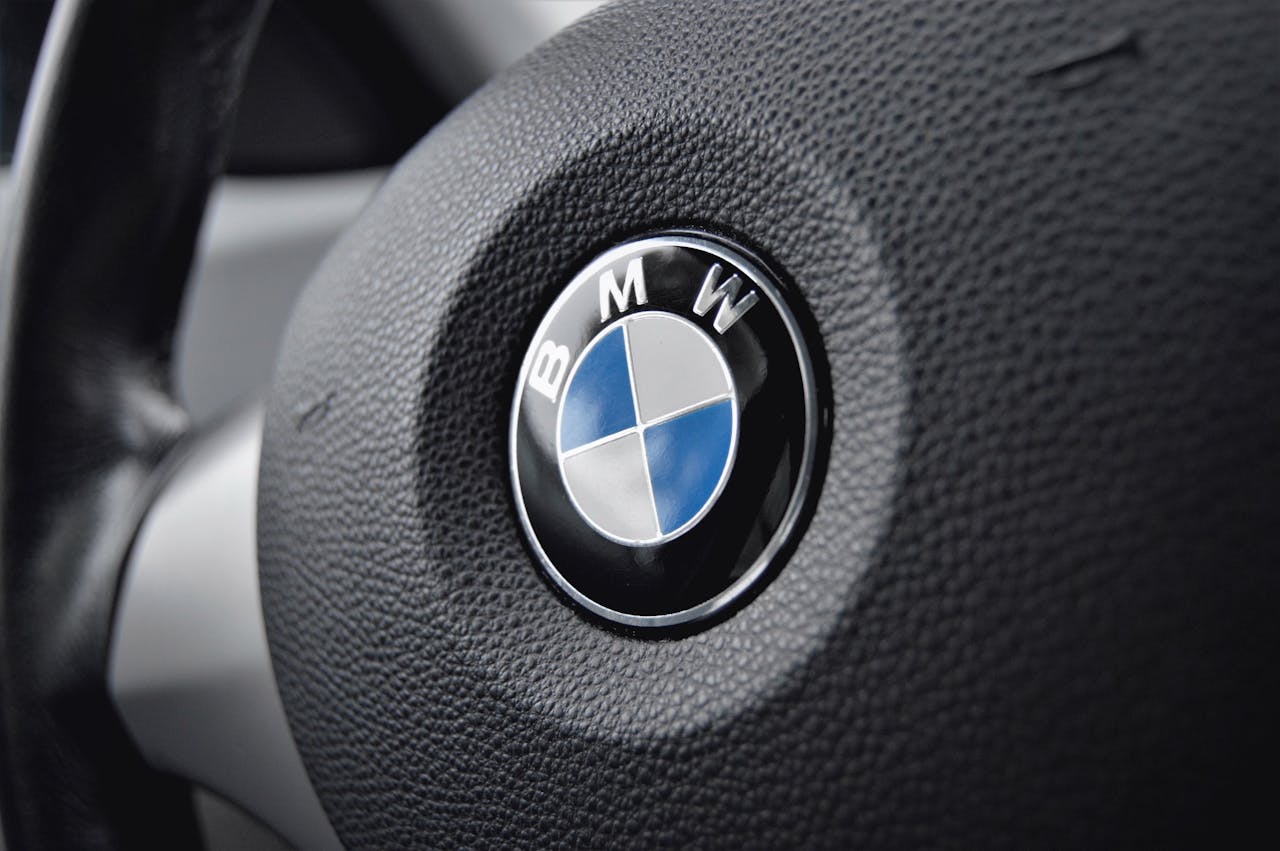
BMW Group Hungary perform exceptionally in the first quarter of 2025 placing fourth in fully electric vehicle production under the BMW brand.Continue reading

The construction of the new BMW plant in Debrecen and increasing tensions in global trade could pave the way for regional Hungarian companies to establish themselves as suppliers to the German carmaker in the medium term. While BMW’s first major contracts in Debrecen have already been signed with established partners, a rise in the cost of non-EU parts could increase demand for locally produced components, Világgazdaság reports.
The Debrecen Automotive Cluster, recently founded with significant contribution from BMW and under the leadership of Hans-Peter Kemser, Managing Director of the new BMW site in Debrecen, plays a central role in this. The cluster, in addition to BMW, includes companies such as the German Schaeffler and Deufol, Chinese companies CATL and EVE Power, as well as local players, such as the University of Debrecen and family business TransSped.
The cluster is planned to further expand in the future to include a further 20 to 30 economic players. Automotive and logistics companies are still expected to be the main focus, but other economic players are also expected to be included.
However, the regional character of the organization is intended to be maintained in the long term.
For regional companies, entering the BMW supply chain is a major challenge. Many are reluctant to tie their production capacities strongly to a single major customer and see this as a risk, writes the portal. Nevertheless, an order from BMW is seen as a “lottery jackpot” that could even justify cooperation with external partners.
Although currently there are hardly any Hungarian companies in BMW’s direct supplier circle, the Group is showing interest in the medium term in integrating local companies directly into its supply chain.
This would be an important step towards anchoring the plant in the region.
The imminent commissioning of the large plants in Debrecen, including the BMW plant, and the CATL and EVE Power battery factories, is already fueling the logistics market. Estimates suggest that there could be a need for up to 500,000 square meters of warehouse space. Huge logistics halls are already being built, many of them by local companies.
Zsolt Fülöp, co-owner of TransSped and vice president of the Automotive Cluster, sees the keen interest from developers and investors as understandable, but also warns against speculative developments. As manufacturers prefer just-in-time production and want to avoid warehousing, the actual need for storage space is still unclear. Nevertheless, TransSped, a large Hungarian logistics company, has already been able to secure smaller direct orders from BMW – an important step in building trust for future cooperation.
The potential tariff war could therefore accelerate the process of shortening supply chains and offer companies based near the Hungarian BMW plant a unique opportunity to establish themselves as important partners for the German car manufacturer in the coming years.
Via Világgazdaság, Featured image: Pexels